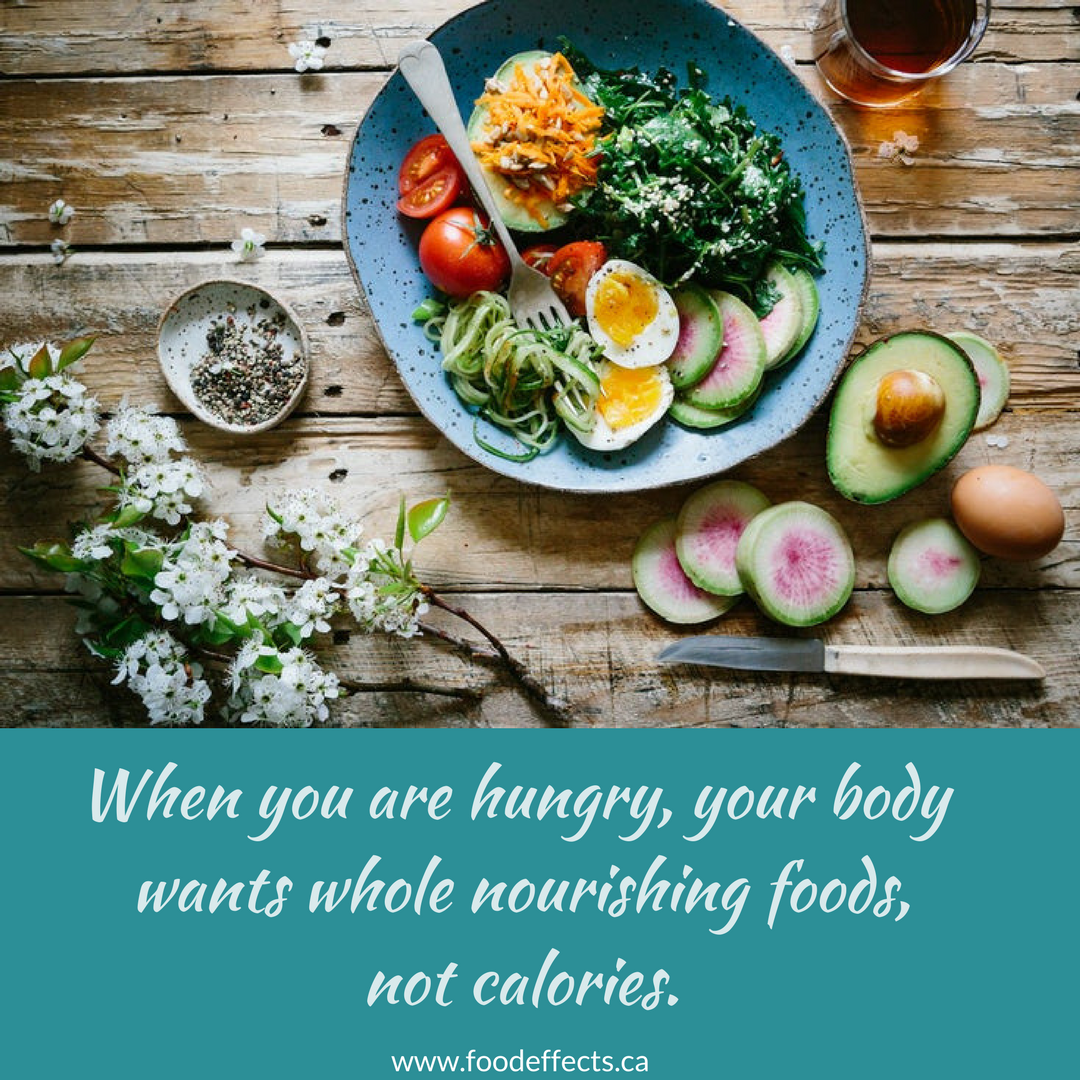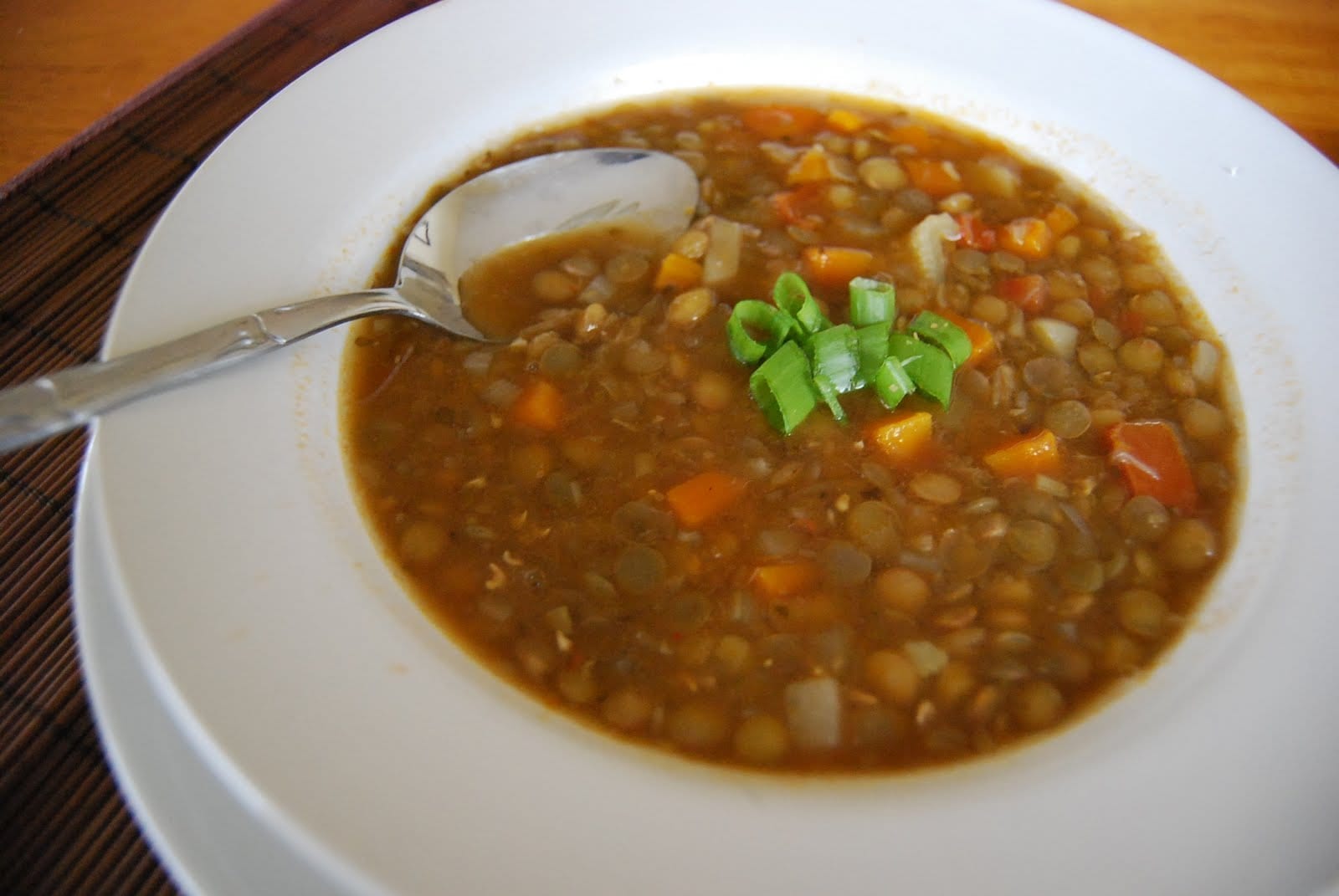“What type of food choices do you suggest for people who have IBS-constipation prone? Someone who can’t digest red meat and only eats fish and chicken.”
Such a great question that affects so many people!
According to the Canadian Digestive Health Foundation, approximately 5 million Canadians have IBS symptoms, and they estimate that 120,000 Canadians are diagnosed with IBS each year.
IBS is a motility disorder that affects the entire hollow GI tract, creating a variety of symptoms in both the upper and lower digestive system. Common symptoms are gas and bloating, constipation and/or diarrhea, and usually some element of anxiety and stress.
So what came first, the chicken or the egg? Did we “get” IBS and that caused digestive issues, or do we have a compromised digestive system and that contributed to IBS?
“The most common result of gut dysbiosis is the infamous Irritable Bowel Syndrome (IBS) where a whole host of opportunistic bacteria populate the intestine, causing the unpleasant symptoms of IBS.”
Dr. Natasha Campbell-McBride
Gut dysbiosis is an imbalance of intestinal microbes, where the pathogenic (bad) bacteria, fungus, viruses, and parasites flourish and crowd out the beneficial bacteria. These pathogenic organisms normally exist in the gut, but should only make up about 10% of the microbes, and are ideally kept in check by the beneficial bacteria.
The increasing number of pathogens (bad bacteria, etc) produce toxins which irritate the intestinal lining, leading to low grade chronic inflammation. By contrast, the beneficial bacteria produce essential nutrients that healthy intestinal cells rely on. Inflamed, damaged intestines can’t properly digest or absorb disaccharides and polysaccharides…. and so the cycle of digestive issues continues.
But these issues start earlier on!
What causes gut dysbiosis? Here are a few contributors:
- Low stomach acid (HCl): poor digestion, leads to microbial overgrowth, which “seed” the digestive tract
- Stress: shuts down digestion, leaves food in the gut for the microbes to digest
- Oral antibiotics: kill off gut microbes, good and bad (this includes antibiotics in our food supply!)
- Drugs: steroids ( ie: cortisone, hydrocortisone and prednisone) promote the growth of pathogenic organism and NSAIDS (ie: aspirin, ibuprofen) damage the gut lining
- Chlorinated water: chlorine is an antimicrobial – will kill gut microbes too!
- Junk Food: refined foods and sugar nourish the pathogenic bacteria, not you!
Ok, still with me? That was a bunch of background information but really important to understand the mechanism of IBS.
Let’s talk about poop now!

Remember how I said IBS is a “motility disorder”? Motility refers to an organism’s ability to move food through its digestive tract, called peristalsis.
Peristalsis in the stomach and intestines is initiated by, you guessed it, HCl! Proper stomach acid production is key to improved digestion, as the whole digestive process relies on proper pH changes.
Some more causes of constipation are:
- Gut dysbiosis
- Eating refined foods
- Low fluid intake
- Magnesium deficiency (Guess what? You need HCl to properly absorb minerals)
- Stress
- Low fibre diet
- Hypothyroid condition
So here are my top recommendations to improve digestion and bowel function:
Diet
- Chew really well! Then chew some more.
- Drink plenty of pure water – 8-10 cups daily, more if active. Don’t drink with meals as this dilutes the digestive juices.
- Include fermented food in your diet daily – sauerkraut, kimchi, other fermented veggies, kombucha (watch sugar content)
- Eat high fibre foods – non-starchy vegetables, especially dark green leafy vegetable and chlorophyll rich foods, and foods high in pectin
- Eat adequate natural fats – olive oil, avocado, oil, coconut oil, fatty fish, butter, ghee, etc
- Drink lemon juice or apple cider vinegar in water before meals
- Avoid refined/processed, fried foods
- Avoid added sugar
- Avoid harsh fibre supplements and laxatives
Supplements
- Probiotics
- Digestive bitters or Betaine HCl to boost stomach acid
- Magnesium – helps relax the smooth muscles of the gut
Regular movement is so important as well. Not just those intense workouts to get your heart rate up, but walking – especially leisure walking – is great for stress relief and to keep all body systems active.
Finally, I want to address the question about not being able to digest red meat. Red meat is one of the most difficult proteins to digest (only pork takes longer), and we need sufficient enzymes to do so.
Protein digestion begins in the stomach. HCl (stomach acid) is needed to convert pepsinogen to pepsin, which is the stomach enzyme that digests protein, therefore low HCl compromises protein digestion. HCl also stimulates your pancreas and small intestines to produce the digestive enzymes and bile necessary to further breakdown the carbohydrates, proteins and fats you eat.
See the pattern here? Low HCl and gut dysbiosis are major players in IBS, but with dietary changes and proper supplementation to restore digestive function and balance the microbiome, there can be relief!
Have questions? Need help? You can contact me here!
resources:
https://www.ncbi.nlm.nih.gov/pubmed/12108820
https://www.ncbi.nlm.nih.gov/pmc/articles/PMC3352839/
Gut and Psychology Syndrome. Dr. Natasha Campbell-McBride, 13th reprint 2015
Nutritional Pathology 3rd Edition, CSNN Publishing 2015
DISCLAIMER: The information, including but not limited to, text, graphics, images and other material contained on this website are for informational purposes only. It is general knowledge and is not intended to be a substitute for professional medical advice, diagnosis or treatment. Always seek the advice of qualified health care provider with any questions you may have regarding your unique health and well-being.






